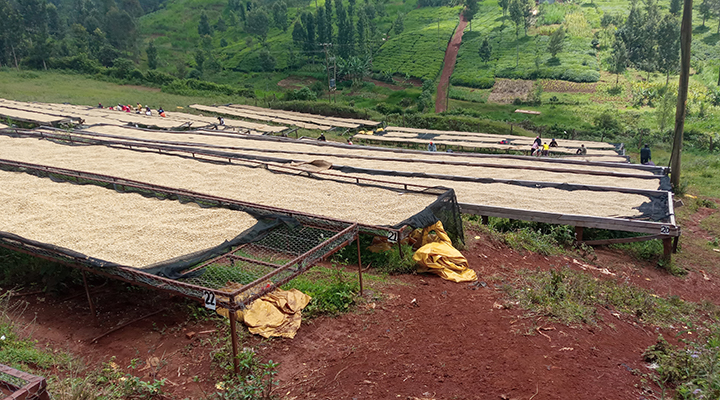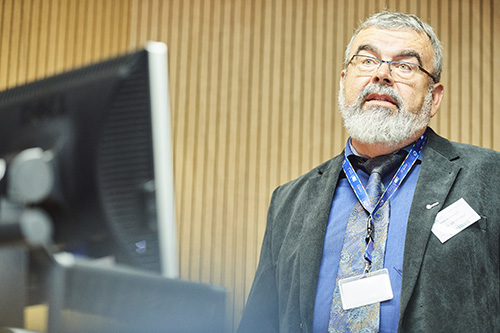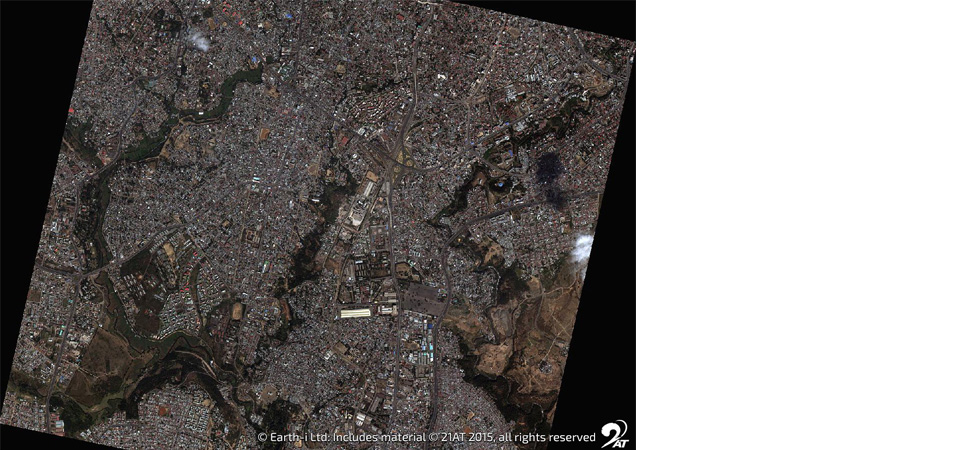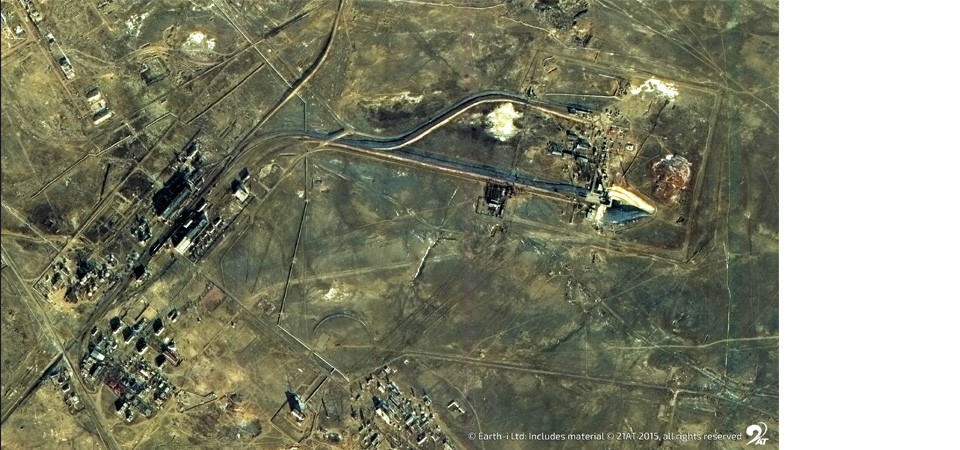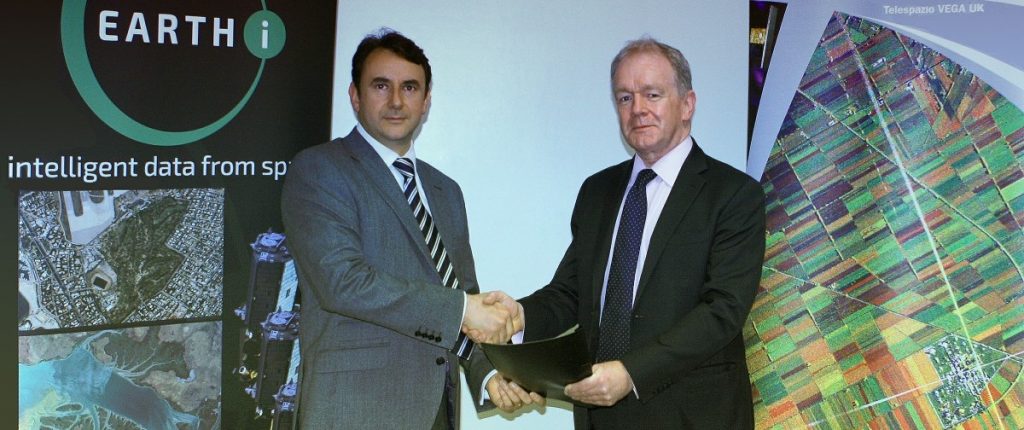Does Kenya need to ‘bet the farm’ on Arabica coffee farming? Coffee exports have been declining for years, and haven fallen way behind the values achieved from tea and horticulture for this growing East African economy. But it is still a major cash crop. With estimates of up to 5 million people directly or indirectly benefiting from its production and trade, its importance to Kenya’s future can be easily underestimated. This crucial element of the rural Kenyan economy must therefore be safeguarded and equipped with the latest technology in order to continue to support the livelihoods of farmers, their families, their communities and the wider Kenyan economy. Sustainable farming practices will provide this reliability, and perhaps act as a platform for the sector to find renewed prosperity.
One of the major factors behind the recent decline in the country’s agricultural output is climate change. Coffee has become much harder to grow, and many farmers have turned away from the crop to adopt easier and more profitable crops. This year, Kenya’s coffee crop prices nosedived due to high temperatures. As a result, coffee farmers have sometimes resorted to digging up their coffee trees to plant other, more profitable, crops instead. Given that coffee is such a key contributor to the Kenyan economy, and that Kenyan Arabica coffee is world-renowned for its taste, the country should take steps to remain competitive in this field.
The Kenyan coffee industry operates mainly in the ‘specialty coffee’ market. This is the trade in the highest quality coffee with unique and interesting flavour profiles that are depend on the environment, climate and careful cultivation process. The resultant flavours and aromas are highly regarded by consumers, and subsequently command higher premiums within the coffee market. The Arabica plant is the dominant species of coffee used in speciality coffee. However, the plant is sensitive to its environment and particularly susceptible to the effects of climate change, such as erratic rainfall, high temperatures, and even droughts.
In order to remain competitive in the global economy with the big hitters from the major coffee producing nations, Kenya needs to secure its production of specialty coffee. The Government of Kenya has identified the importance of coffee to its exports, and its Green Economy Strategy and Implementation Plan (GESIP) has put sustainable development at the forefront of the next generation of economic growth. Furthermore, there has also been significant investment in efforts to introduce hardier, more disease-resistant crop varieties, in order to boost the country’s coffee production.
Additionally, in 2019 the World Bank’s update on the Kenyan Economy recommended further investments into the digital economy to drive growth and help narrow the rural and urban development socio-economic divide. There is a new opportunity to pursue sustainable smallholder agriculture by adopting new forms of agritech.
Implementing digital technologies in coffee production can help increase Kenyan farmers’ productivity, efficiency and competitiveness, and enhance resilience to climate change. These are all key to sustainable supplies for the world’s coffee markets, and in helping smaller producer nations to compete with larger scale and more efficient production in the coffee ‘powerhouses’ of the world. Innovations of this kind, like the ACCORD programme, provide significant benefits to farmers, exporters, and leading agribusinesses.
ACCORD supports the efficient farming of Kenyan Arabica coffee by providing data-driven insights and more precise local weather forecasting. ACCORD helps coffee farmers better prepare themselves for fluctuations in the weather, and protect their crop in a timely manner. This enhanced protection not only allows farmers to grow more, but also enhances the quality of the crop.
Sustainability of both supply and workforce is an important consideration, and rural resilience will be a key factor in securing the supply of high-quality coffee. Traditional methods of farming can be quickly undermined by turbulent weather and volatile market trends. In addition, the coffee farming workforce is ageing. The trend of younger people from rural communities moving towards the city to pursue alternative jobs, whilst older and experienced farmers approach retirement, threatens a sustainable workforce in coffee farming. ACCORD supports these rural communities by helping smallholder farmers become more efficient and competitive in an increasingly tough global commodity market. If incomes on small farms can be safeguarded, rural communities will be more resilient and better able to retain the next generation.
Enhanced transparency from driven-data techniques also opens up new market opportunities for the industry. Coffee drinkers are becoming more conscious of the socio-environmental impacts of their consumption habits and shelves are being filled with eco-conscious and fair-trade brands. ACCORD provides a simple-to-use service for farmers to engage with more sustainable and environmentally friendly methods of farming. By providing timely advice every step of the way on good agricultural practices, ACCORD supports a shared responsibility throughout the supply chain to tackle the impact of climate change.
“Farmers in East Africa are increasingly realising that sustainability means embracing new methods, and new technologies” commented Amos Wanyiri, Project Manager in Kenya and Rwanda for the ACCORD programme. “But they also know sustainability means more than beating climate change. They want to be more efficient, more competitive in the coffee market. And they need to take advantage of growing consumer demand for premium-priced specialty coffee, traceable to its origin, and grown in a more sustainable way.”
It is clear that digital agricultural technologies can play a critical role in keeping the Kenyan coffee industry competitive. However, access to these technologies must improve if adoption is to become widespread and Kenya is to become more efficient in its smallholder farming base. This not only includes growing more high quality crop to achieve premium prices, but also making rural farming communities become more sustainable both now and in the future. Kenya needs to bet the farm on the sustainable coffee sector, and secure its position in the industry for years to come.
To find out more, visit www.earthi.space/accord.
To download the new brochure, visit: content.earthi.space.
Earth Observation specialist brings over 25 years technology and applications experience to company offering daily high-resolution imaging and data…

